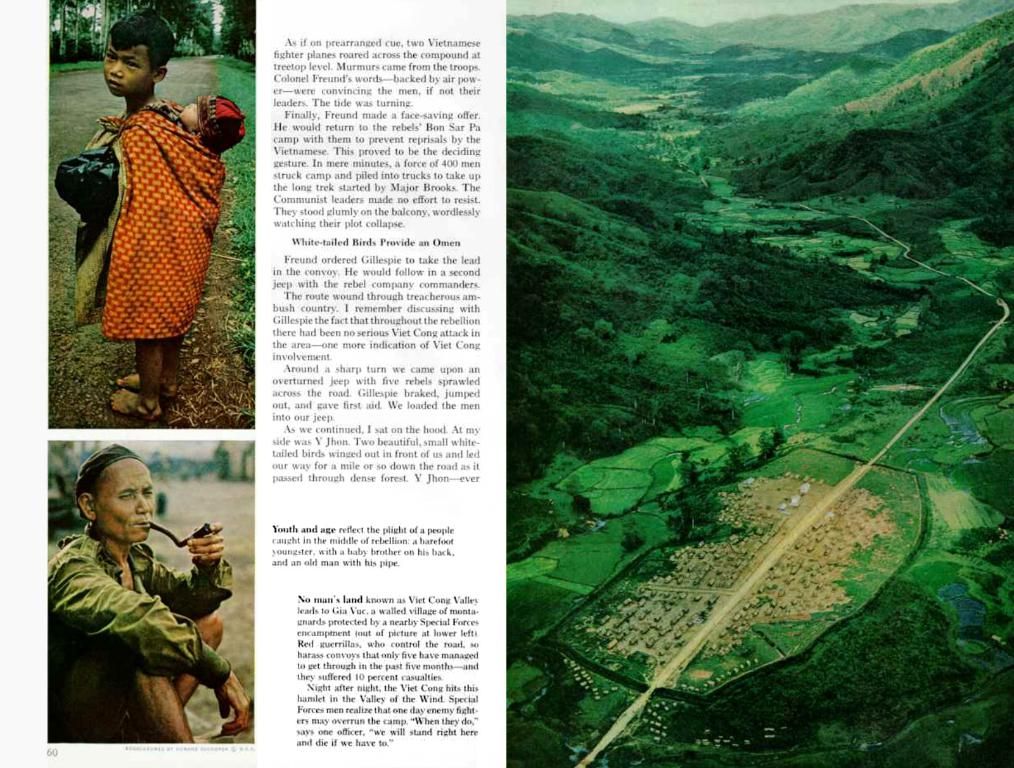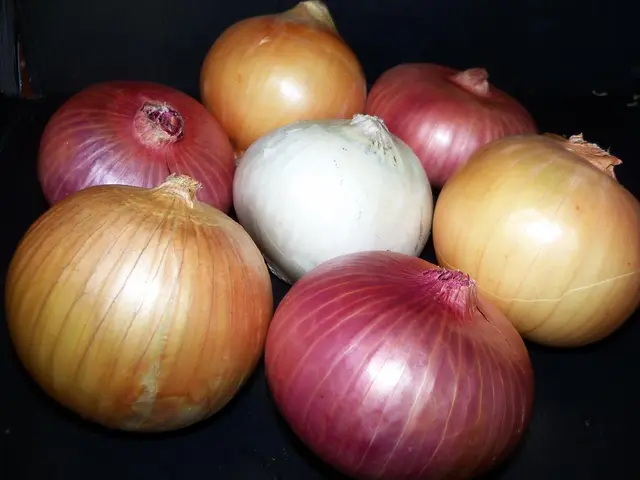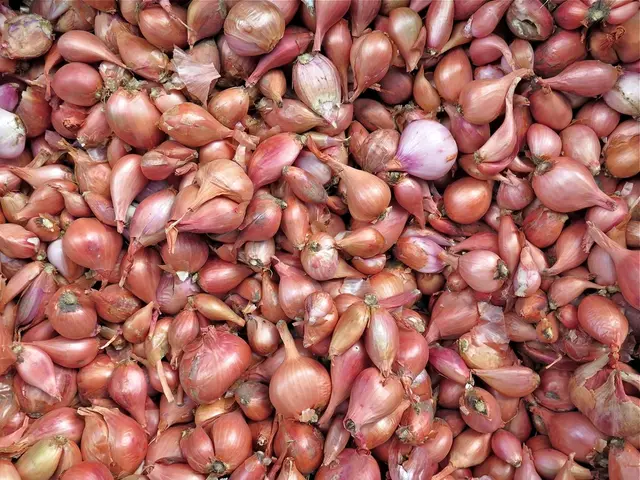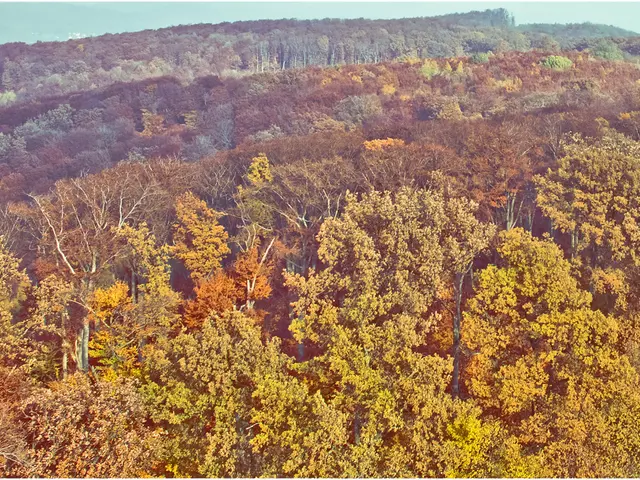Expanding Yields of Naturally Grown Potatoes
Revised Article:
Let's talk dirt, folks! My brood, including my mom, sister, and the brother-in-law, got the organic potatoes and various produce growing thing down pat.
Recently, they tackle the annual potato harvest in their backyard patches. My ol' lady, seed-saver extraordinaire, stores away seeds from the produce she's cultivated (heirloom and awhole lotta organic), to plant subsequent seasons' crops.
This time around, the potatoes growin' in those rows stemmed from just a few russet, white, and red tubers she'd preserved and popped into the ground. There's a host of machines to lift those spuds outta the soil (usually no more than a couple inches below), but my mom goes old-school with a pitchfork or her uber-capable hands.
My urban farming sis, Josie, was on-site from Brooklyn for this shindig. She's eyeballing the wonky potatoes, the ones with a greenish hue. That's a no-no, kiddo! Those are toxic, thanks to sunlight exposure, and can give ya an upset tummy.
But wait, there's more! Some of those spuds had bites taken outta 'em, and I'm not talkin' about a crazed gopher harvesting snacks. Turns out, these critters were burrowed deeper beneath the soil than their untouched brethren. The culprits? Most likely some little mouse-like rodents known as voles.
Fret not, though, 'cause the reject spuds don't meet their maker in vain. They either join the compost bin or head straight to the chickens, who can't get enough!
Score one for sustainability, am I right?
My mom only planted a smattering of potatoes. Fast forward to the end of the Uncle Fester excavation, and we're lookin' at 100 pounds of organic potatoes!
Now, here's some interesting knowledge: have you ever wondered what those mischievous little voles are? They belong to the Cricetidae family, characterized by their round bodies, short legs, and flat noses. While they primarily nosh on vegetation like grasses, seeds, and fruits, they're prolific burrowers, createin' elaborate tunnel networks that can wreak havoc on your precious crops.
Too much vole action can lead to direct tuber damage, from tunnelin' or burrowin', indirect damage via pest access, or reduced plant health due to above-ground feedin' on stems and leaves. Management can be tricky in organic farming, with methods rangein' from physical barriers to biological controls like introducin' natural predators.
Incorporating a bit of diversity into the mix, my urban farming sister, Josie, from Brooklyn, also delved into the home-and-garden side of things during this harvest, attempting to cultivate a more self-sufficient home-and-garden lifestyle with some gardening projects on her city balcony. Meanwhile, back at the family farm, my mom, the seed-saver extraordinaire, had been planning ahead, saving seeds from the season's potatoes and other produce for next year's gardening activities, ensuring a continuous and sustainable lifestyle of organic produce.








